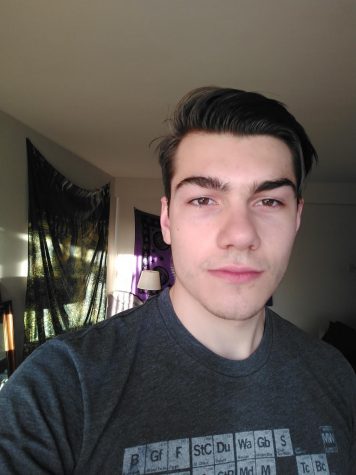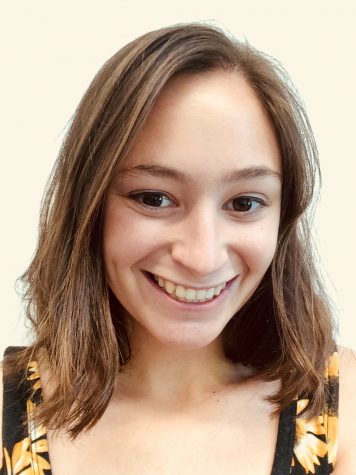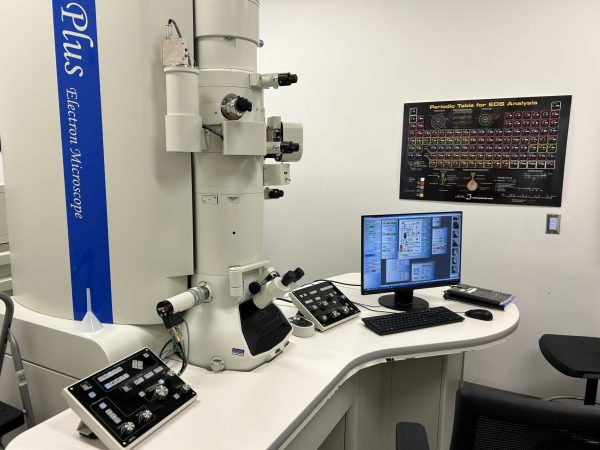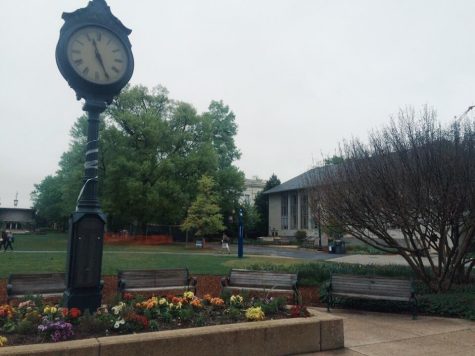AWOL writer told to leave by university official at public meeting: Student media refuses to be silenced
American University Terrace Dining Room (TDR).
Last week, AWOL writer Noah Vehafric went to cover a public meeting held by the American University Dining Advisory Board. The topic of the meeting, and the reason he was there, was the controversy about next year’s proposed meal plans. However, upon arriving and identifying himself as a member of the student press, he was told to leave. He complied without argument and, regrettably, wasn’t given any justification.
The meeting was open to the public. When student journalists are excluded from public places, they are treated as lesser than other students. It’s a violation of their rights as students to go wherever other students can. This doesn’t only hurt the student press; it hurts the students who rely on the information that student journalists report.
American University cannot allow student media to be stifled because members of its administration do not want to be involved with controversies. For a university that claims to “foster and protect freedom of expression,” and markets itself as a progressive institution, this behavior is unacceptable.
Wayne Rodriguez, an American University Student Government Senator present at the meeting, agrees. “[The university] are suppressing vital information for the students,” Rodriguez said, adding that AWOL “had a right to be there.”
This isn’t anything new. For example, American University Police Department contacted AWOL’s student media advisor after one of our reporters reached out for an interview. The story, which was investigating AUPD’s holding cell, was done with standard professional courtesy. An AUPD representative told our advisor that the reporter had been “overly and unnecessarily aggressive.” The perceived aggression? Politely asking for a tour by email. Twice.
The tour was repeatedly delayed until well past the deadline for the story.
However, AWOL is not the only organization to have had grievances with the university. The BlackPrint was denied access during the university’s press conference in May 2017 after the hate crime. According to Haley Samsel, Editor-In-Chief of The Eagle, the university said they didn’t know the student was with the BlackPrint and that was why they couldn’t get inside. In an exclusive interview by The Eagle with the executives of the BlackPrint, former Eagle Editor-In-Chief, Courtney Rozen, asked: “Did you ever feel you were telling this story to the world, not just to our AU community?”
Jenna Caldwell said, “Jaha [Knight] tried to go to a press conference but they wouldn’t let her in because I guess The Blackprint wasn’t established … That was kind of added pressure, we felt like we were being locked out of certain things that other news outlets had the upper hand on.”
According to The Eagle’s article, “the press conference was open to all student media. For example, The Eagle was allowed to cover the press conference, but The Blackprint was incorrectly denied entry.”
Noah is not the first AWOL reporter to be stonewalled and treated with prejudice by the university, and he certainly isn’t the first member of student media as a whole. We cannot stand silently by when members of the administration openly exclude and ignore us. We cannot allow student media to be suppressed and neglected. We won’t. We will continue. We will persist, and we condemn the university’s lack of transparency with student media in the strongest possible terms.
AU Dining Services Director Ann Marie Powell, who asked Vehafric to leave, did not respond to multiple requests for comment.

I'm a Senior majoring in Journalism, interested in science, drug policy, homelessness, crime and punishment, and philosophy.
I emerged from the woods...

I'm a freshman double-majoring in journalism and political science. I'm interested in human rights, education inequality, public policy (also, dark chocolate...












